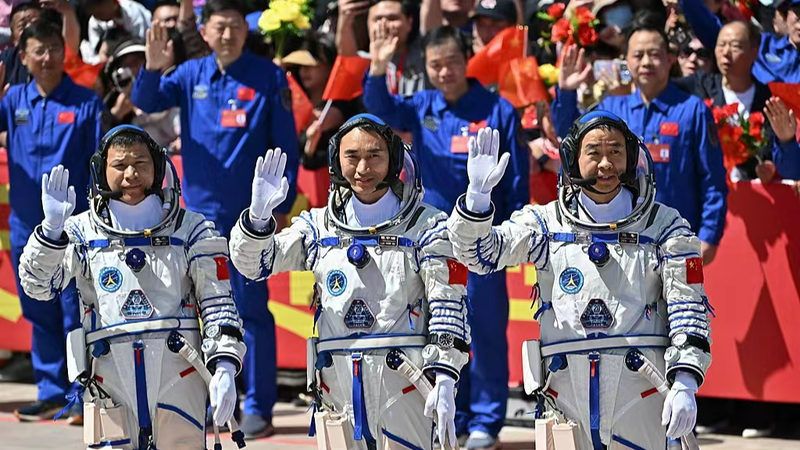In a stunning breakthrough, scientists from the Chinese mainland and Israel have teamed up to push the boundaries of gene editing in agriculture. By developing a cutting-edge algorithm, they built a massive CRISPR library of 15,000 unique units capable of targeting thousands of related genes at once. This innovative method overcomes challenges like genetic redundancy that have long limited traditional CRISPR approaches.
In an impressive trial, researchers applied the technology to more than 1,300 tomato plants, observing notable changes in sweetness, shape, size, and disease resistance. 🍅 The success in tomato trials opens the door to adapting the technique for other vital crops such as rice, offering new hope for developing resilient varieties in the face of climate change and rising global food demand.
This international collaboration underscores the power of innovative science and cross-cultural partnerships to drive progress in sustainable agriculture. Stay tuned as these advances promise to transform the future of food production!
Reference(s):
Chinese, Israeli scientists develop new approach for genetic editing
cgtn.com




